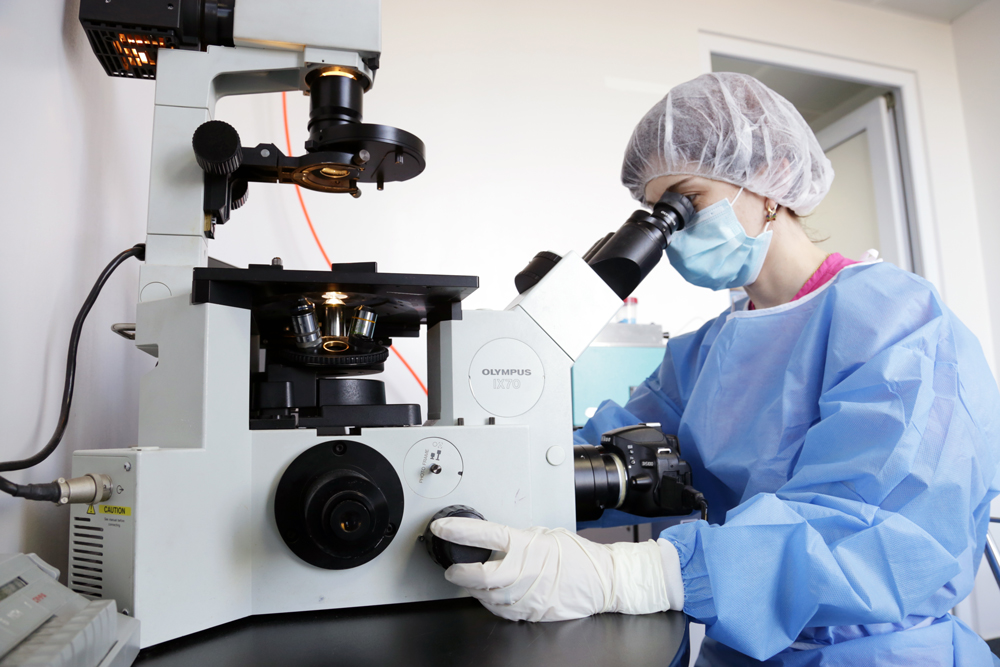For concerned parents there may be a medical issue with their child, it’s important to get a proper examination and diagnosis from a medical professional. No amount of Internet research is going to give the same reliable results as an actual exam from an experienced medical practitioner. However, if you suspect that your child’s problem may run deeper than a bout with a childhood disease, such as measles, and there may be a long-standing medical condition at play, you may want to consider having your child evaluated and brought to an autism center.
But what is autism? And what can an autism center do for a family if a child is diagnosed with this condition?
A Complex Disorder
Autism is also known as autism spectrum disorder or ASD. It is primarily a behavioral condition in terms of the visible symptoms, though the exact causes of ASD have yet to be fully documented and understood. ASD is, at least in part, believed sometimes to have a genetic component, but ASD can also be caused by prenatal factors, such as a pregnant mother contracting an illness like rubella, that transmits to the developing baby and results in ASD.
Because ASD itself is not yet completely understood in the cause, there is, as of yet, no permanent cure for the condition. While ASD is not normally fatal, the word “spectrum” autism spectrum disorder is important because those diagnosed with ASD display different degrees of severity. Mild ASD may mean a child can grow up with only some minor behavioral challenges in life regarding socializing and behavior. Major ASD could mean an inability to attend a normal school and interact with others.
ASD behavioral symptoms include repetitive behaviors, lack of eye contact, and unusual verbal and non-verbal communication. ASD can also result in some cognitive differences, such as the ability to focus only on smaller, minute details, which may make someone with ASD appear to have difficulty with language, writing, and socializing for example, but be extremely gifted in mathematics.
How Autism Centers Help
An autism center can be an important first step in helping parents to understand the scope of ASD that they are dealing with in a child. If a medical professional has not already diagnosed a child as having ASD, it may also be possible to get referrals from an autism center for a proper evaluation. Depending on where you live, some autism centers may themselves have qualified medical staff on hand that can diagnose a child for ASD.
In many cases, ASD can be definitively diagnosed in a child by the age of two. An autism center may be able to provide the diagnostic services—or make referrals to such places—to give parents a better understanding of the specific nuances their child’s form of ASD.
Once parents have a better understanding where along the spectrum their ASD child is, this opens up the avenues for treatments and therapies. Depending on the specifics of a child, an autism center may make available resources for the parents, or for schools to deal with ASD children, or even both.
Treatments & Therapies
Another area where autism centers can be useful to families is in helping to organize and implement treatments or therapies for an ASD child. For the moment, there is no cure for ASD, the behavioral issues that come with it can only be managed or treated, but not outright eliminated. This means that while some inappropriate behavior, such as aggression, can be controlled or reduced, there’s no way to make it disappear clinically.
Once properly diagnosed and evaluated, parents will have a much better idea of whether they should continue to bring a child in for certain types of behavioral therapies that may be offered at autism centers. For example, occupational therapy may be recommended to help a child cope with certain everyday activities, such as getting up to speed on learning to tie shoes or use utensils while eating.
On the other hand, an autism center may recommend or offer speech therapy for a child to help the ASD child to learn the social cues most children subconsciously pick up and internalize, such as maintaining eye contact, while in conversation, or waiting for appropriate pauses in conversation to respond.
Other times, an autism center may recommend a course of actual medication or medical treatment. For some ASD children, antipsychotic medications can help to make the children more receptive to therapy. In other instances, it may be possible to consider newer treatments still in development, such as a stem cell therapy to help with some of the physiological aspects of ASD.
Whatever the case, for parents that feel they may have a child with autism, it is always best to get a qualified medical evaluation. Only with a clear understanding of exactly what kind of ASD a child has, can an effective course of action be determined, and an autism center can be essential in this.


